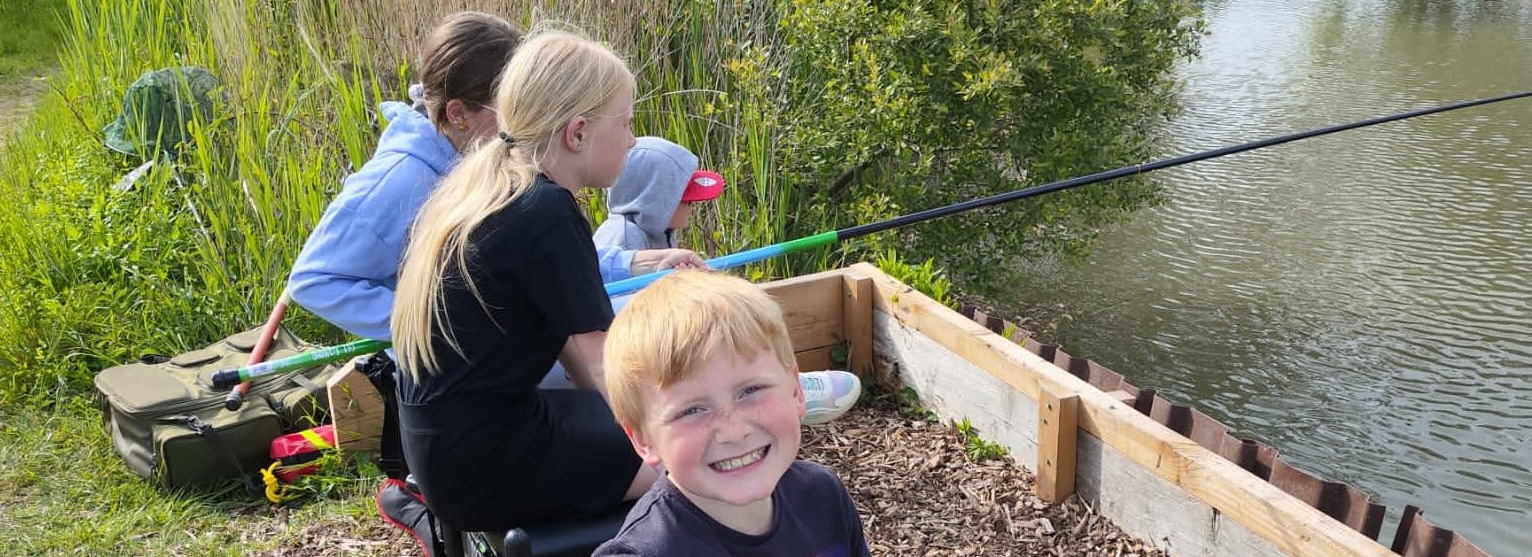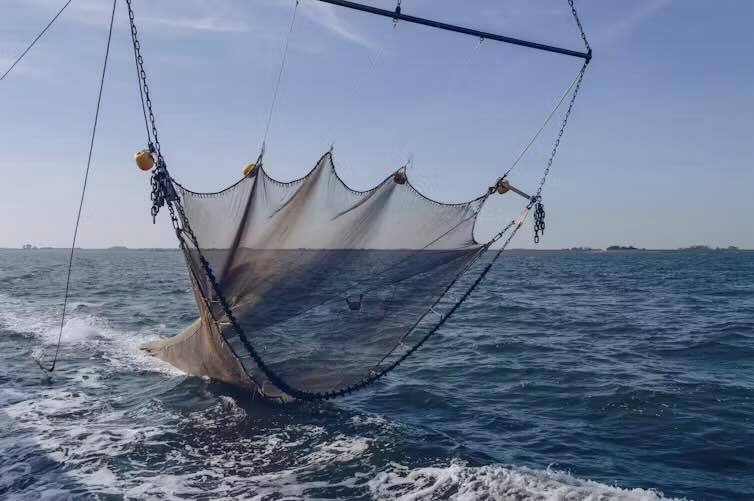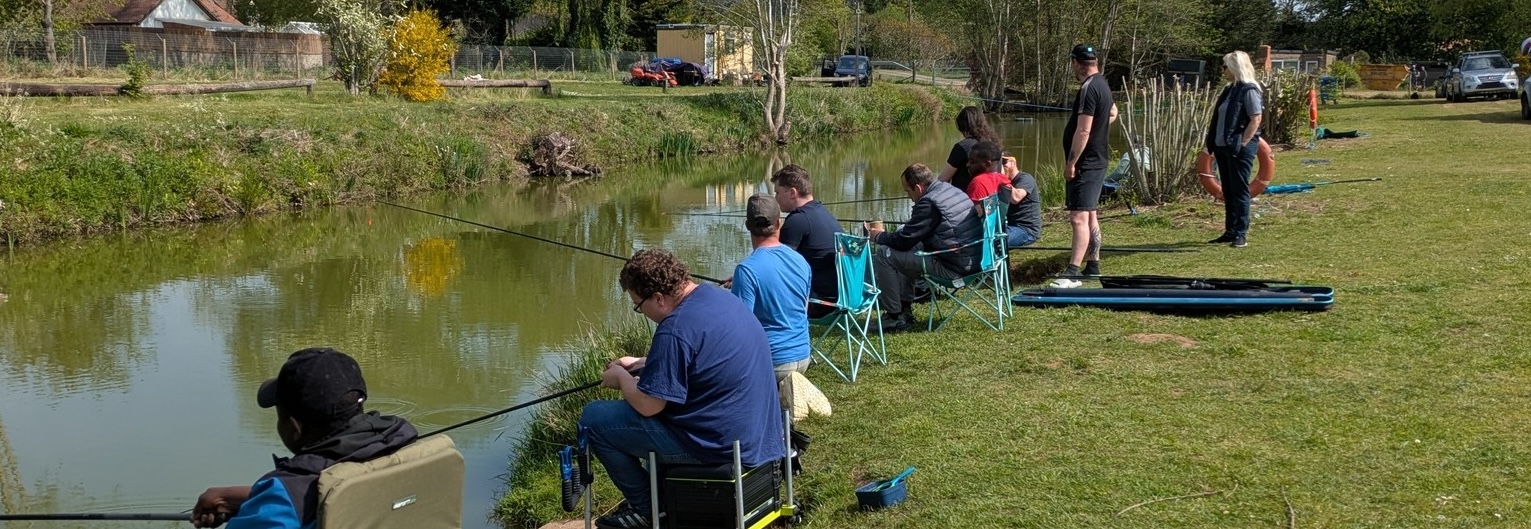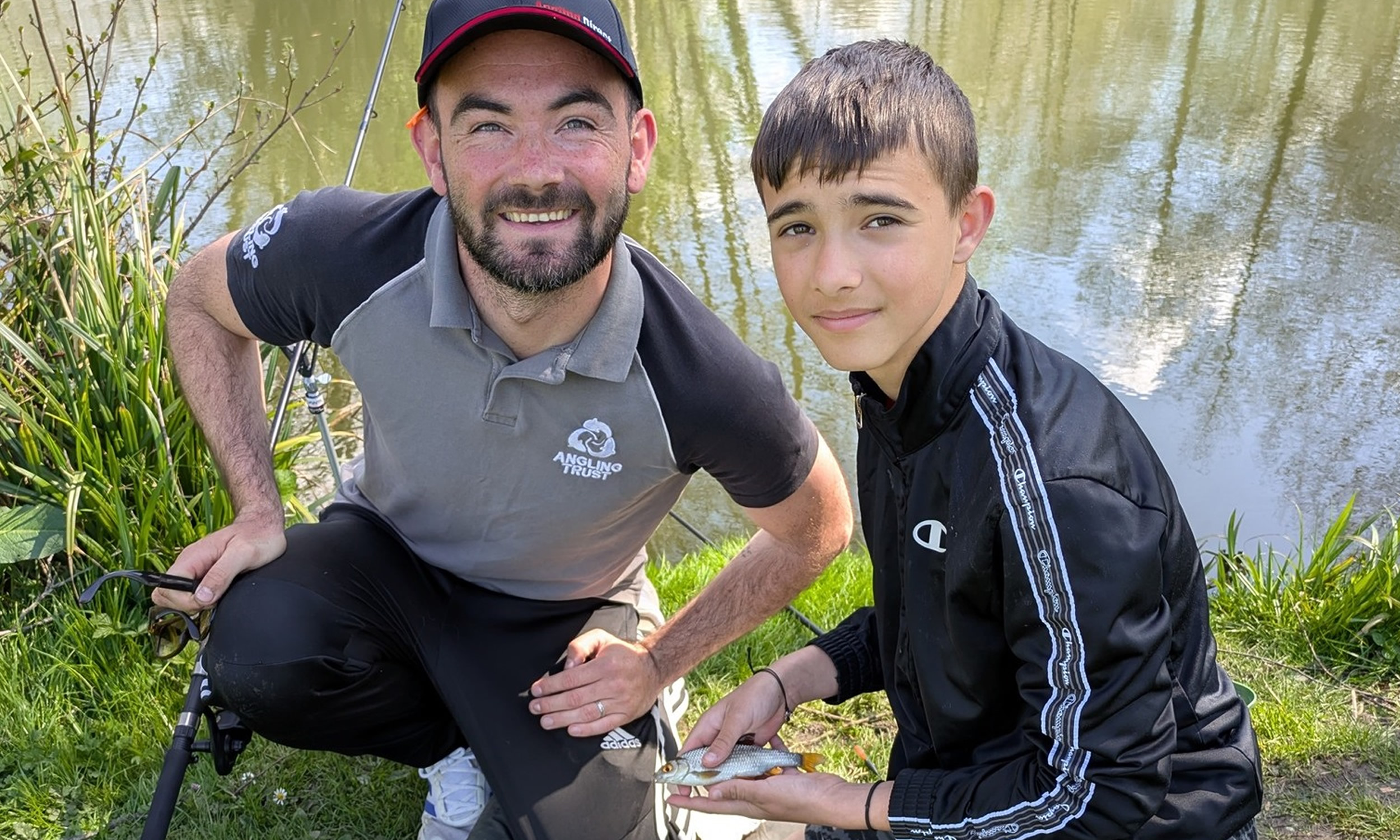
Anglers Against Pollution
Angling Trust responds to new government’s plan to hold a water management review
The Angling Trust welcomes the government’s headline response to the Office for Environmental Protection (OEP) report on the implementation of the Water Framework Directive regulations through the River Basin Management Plans (RBMPs).
The government has acknowledged that England is not on track to meet its legally binding commitments by 2027, a particularly stark failure considering that the 2000 Water Framework Directive required water bodies to achieve “good ecological status” or potential by 2015. This deadline has already been extended twice under the provisions of the directive.
While the current government has noted that much of the responsibility for the failure to make proper progress toward the 2027 targets, and the failure to properly fund that progress, lies with previous administrations, it now commits to addressing these shortcomings.
In its response, Defra stated: “To meet the scale of the challenge and deliver transformational change, the government will be carrying out a review of the water sector regulatory system, with further details to be set out in the autumn.”
Stuart Singleton-White, Head of Campaigns at the Angling Trust, commented: “We have been calling for just such a review and welcome the commitment made by Secretary of State Steve Reed that it will include input from a range of external experts and campaigners. If this government is serious about fixing the failings in how water is managed, we believe the review needs to have an independent chair and should be able to look across government functions, not just the responsibilities of Defra.”
While we agree with both the OEP and the government that the ‘One Out, All Out’ principle can obscure progress toward achieving good ecological status, the actual progress has been very limited, and we would resist any move to eliminate this requirement. ‘One Out, All Out’ is a crucial indicator of ecosystem health, where all the components of a water body, such as its fish population, are interdependent, and none is ‘expendable.’ However, we accept that more information on progress towards achieving good status could be published to provide greater transparency when comparing assessments.
The government has accepted a major funding gap that must be addressed to achieve the objectives set out in the current RBMPs. However, the failures to date have been driven as much by a lack of regulatory will as by inadequate resources. The government also highlights the mismatch between RBMP cycles (six years) and the OFWAT and water company business plan cycles (five years). We support the government’s intention to address this mismatch, as it would provide greater certainty in future funding. Additionally, the government must ensure that OFWAT’s determinations of water company business plans, currently under consultation, focus on RBMP outcomes — that is, addressing the reasons for ecological failure in each water body — and allow for the necessary investment to achieve these outcomes.
It is disappointing that the government has not addressed the failings highlighted by the Pickering court case, brought by Fish Legal and emphasised by the OEP. Many of the measures in the RBMPs are generic, not time-limited, and non-committal, which has led to much of the ‘drift’ in implementing the RBMPs over the past 20 years. This was an opportunity for the government to drop the ongoing appeal to the court’s ruling and instead address those failings as part of the water review announced on September 5th.
- Support the work of the Angling Trust – JOIN NOW
- Read more about our Anglers Against Pollution campaign – CLICK HERE
- Make a donation to support our work – CLICK HERE
You might also like

Reel Education is continuing to grow from strength to…

Government Announces Proposed Ban on Bottom Trawling in 41…

Angling Trust Presses Water Commission to Go Faster and…

VIDEO: Alice and her 3 boys have a day…

Recovery Rods help boost mental health and wellbeing by…

Teddy is hooked! – back for more fishing and…

Thank you to all our volunteers – you do…

Get Fishing Fund – Funded Project: HACRO were visited…

New Horizons had an amazing day taking part in…

Get Fishing Fund – Funded Project Blog: Steve Clamp…

Somersham Angling Club hosted some fabulous Get Fishing events…

BLOG: Jack’s Back! What’s been happening in my East…

Reel Education is continuing to grow from strength to…

Government Announces Proposed Ban on Bottom Trawling in 41…

Angling Trust Presses Water Commission to Go Faster and…

VIDEO: Alice and her 3 boys have a day…

Recovery Rods help boost mental health and wellbeing by…

Teddy is hooked! – back for more fishing and…

Thank you to all our volunteers – you do…

Get Fishing Fund – Funded Project: HACRO were visited…

New Horizons had an amazing day taking part in…

Get Fishing Fund – Funded Project Blog: Steve Clamp…

Somersham Angling Club hosted some fabulous Get Fishing events…

BLOG: Jack’s Back! What’s been happening in my East…

Reel Education is continuing to grow from strength to…

Government Announces Proposed Ban on Bottom Trawling in 41…

Angling Trust Presses Water Commission to Go Faster and…

VIDEO: Alice and her 3 boys have a day…

Recovery Rods help boost mental health and wellbeing by…

Teddy is hooked! – back for more fishing and…

Thank you to all our volunteers – you do…

Get Fishing Fund – Funded Project: HACRO were visited…

New Horizons had an amazing day taking part in…

Get Fishing Fund – Funded Project Blog: Steve Clamp…

Somersham Angling Club hosted some fabulous Get Fishing events…









